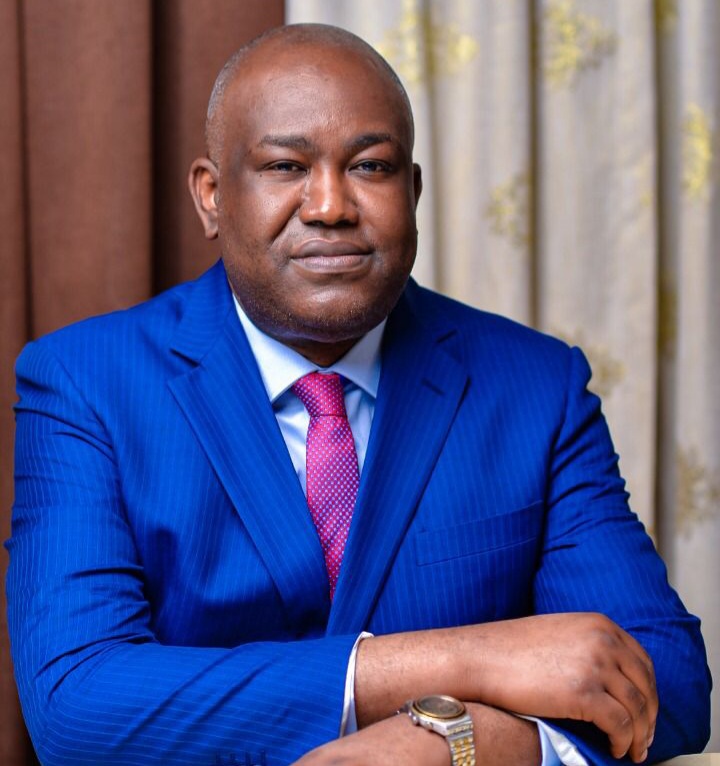POLITICS

GBENGA OLAWEPO-HASHIM CALLS FOR URGENT SECURITY REFORMS AMID RISING KILLINGS IN NIGERIA
Former Peoples Democratic Party (PDP) spokesperson and presidential candidate, Gbenga Olawepo-Hashim, has decried the sustained wave of violence in Nigeria, particularly in Plateau and Benue States, describing it as a grim sign of the country’s deteriorating security framework.
In a strongly worded statement from Abuja, Olawepo-Hashim criticized the Federal Government’s handling of the crisis, asserting that Nigeria's centralized security system is no longer fit for purpose. According to him, the government’s reluctance to devolve critical security powers to State and Local Governments has severely hampered timely and effective responses to threats at the grassroots level.
“How many more innocent lives must be lost before meaningful change is made? When will the killings end?” he demanded, expressing deep frustration over what he views as the government’s inaction and misplaced priorities.
He also pointed to the lack of cross-border cooperation as a major factor contributing to national insecurity, blaming porous borders for the unchecked flow of weapons and movement of armed groups.
“Bandits and terrorists have mastered the art of evading federal forces,” he warned. “They simply shift operations from one region to another—moving from the North East, to the Northwest, and now increasingly targeting the North Central—with little resistance due to delayed or inadequate responses.”
Labeling the current crisis as an “adaptive insurgency,” Olawepo-Hashim advocated for a security overhaul centered on decentralization, intelligence gathering, and collaboration with subnational and regional authorities.
He further argued that the violence in Northern Nigeria is not a collection of random communal clashes, but rather an organized and sustained guerrilla warfare orchestrated by a loose network of terror groups and criminal elements who have chosen the region as their battleground.
“This isn’t isolated violence—it’s a coordinated assault on rural and semi-urban communities,” he emphasized.
Olawepo-Hashim concluded by extending heartfelt condolences to those affected by the recent attacks.
“Our thoughts are with the victims’ families and communities. We pray for strength, comfort, and speedy healing for all those impacted,” he said.
"This represents a significant development in our ongoing coverage of current events."— Editorial Board









